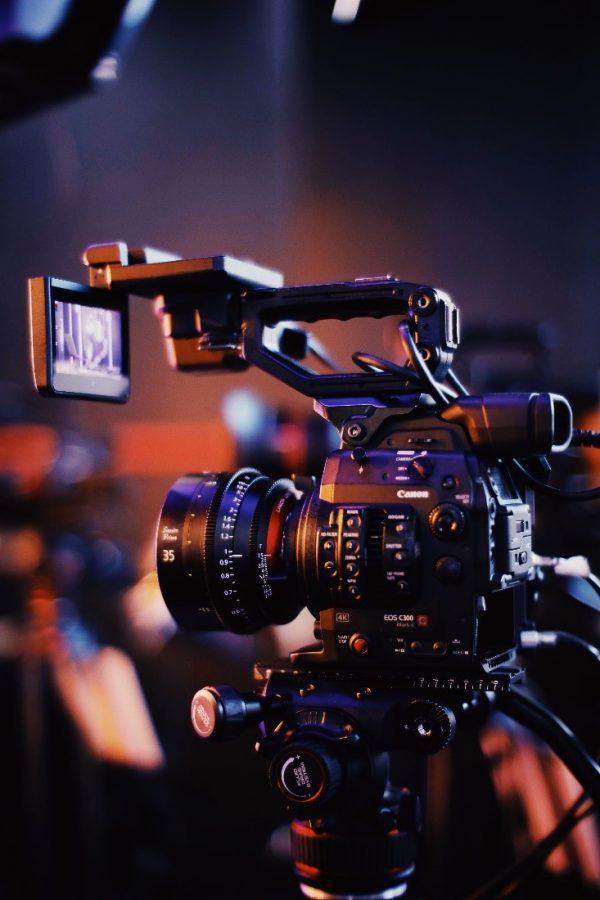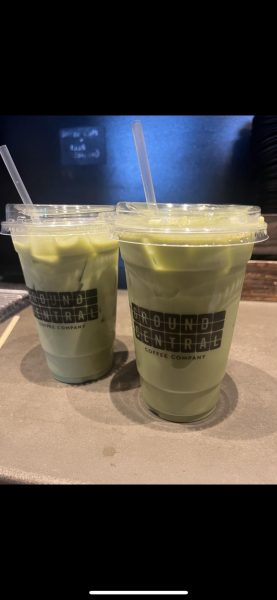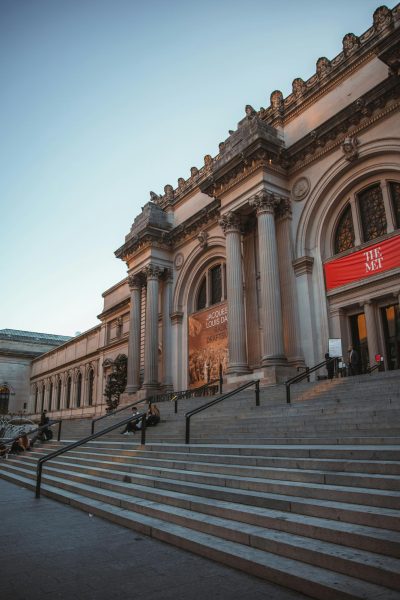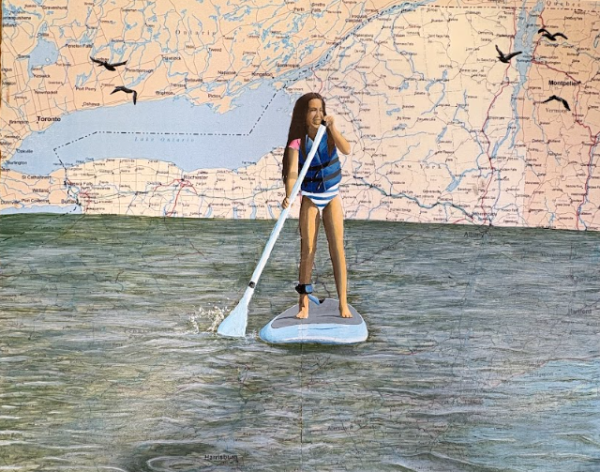Lights! Camera! Action!: How the Film Industry Has Been Impacted by COVID-19
The COVID-19 pandemic devastated many businesses and lives, and the entire world has been put on pause. Countries and states are struggling to restart their economies and get their people back on their feet. Although it is obvious that small businesses were hit hard by the struggling financial market, large entertainment industries have also been having a difficult time recovering and adapting to the strict, yet important, guidelines set by the Department of Health. Specifically, the film industry has been placing its focus on getting up and running again. A miniscule amount of large-scale productions, such as The Matrix 4 and Jurassic World: Dominion, have begun to adapt to the restrictive health guidelines; however, with social distancing and mask wearing a requirement, it is nearly impossible for actors, extras, writers, directors, and artists on set to create high quality films.
The struggle to remain safe within these health guidelines was tested during the filming of The Batman, starring Robert Pattinson. Shockingly, after just two short days of filming, Pattinson tested positive for COVID-19. As a result, any individual who had been in close contact with Pattinson was required to be socially isolated for a minimum of fourteen days. This included director Matt Reeves, extras, makeup artists, and costume designers. Following this event, other production teams were especially cautious when filming. For example, Jurassic World: Dominion has required employees on set to live in a hotel together to limit contact with any potential carriers. Additionally, everyone on set must be tested for COVID-19 at least three times a week. The Sun Sentinel reported that Pattinson’s positive test has made insurance companies on movie sets rethink their policies; because The Batman began filming before the global shutdown, delays caused by restrictions and Pattinson’s positive test will have to be covered by the insurance company.
The pandemic has also shut down movie theaters, and even with restrictions easing in certain states, people are still hesitant to return. With at-home streaming services rising in popularity, it would be a miracle if the movie theater business survived. Lorelei Dillon, a junior, responded, “I am definitely hesitant to enter movie theaters. Although, it is reassuring that even before quarantine, and the pandemic, I saw that employees would go in to clean up, so I do not think it would be the absolute worst place to go. I have been streaming lots of shows and movies on Netflix recently.” Fellow junior Rachel Edelstein agreed with Dillon: “Yes, I would also be hesitant to enter a movie theater. Even with the six-foot distance between individuals in the theater, I still do not think that I would be comfortable, and I would definitely not be eating snacks indoors. My big concern would be the indoor ventilation system. I have been using Netflix, Hulu, HBOMax, and regular cable to watch TV and movies.”
On the contrary, juniors Jessica Healy and Olivia Gonzalo stated that they would be comfortable entering movie theaters. Healy said, “I think that if they have the right safety measures, then I would not be hesitant.” Gonzalo agreed with Healy. Gonzalo said, “I feel like everybody, so far, is taking necessary precautions for preventing this virus from spreading. As long as we wear masks and social distance, all should be fine.”
The film industry must work hard and adapt to COVID-19 restrictions. Taking strict safety precautions on and off set will help members of the film community to stay protected. It will be a tough rebound for the industry, especially with the new popularity of streaming services. Ultimately, it is in the hands of the companies themselves to “roll with the punches” and make efforts to gain back lost sales, as well as moviegoers.
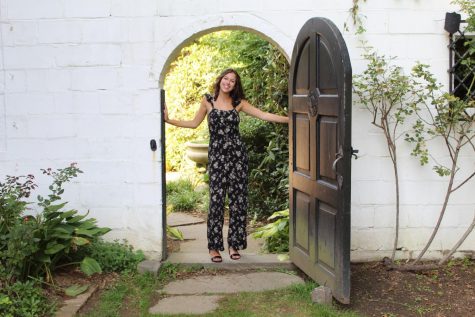
I was previously the opinions section editor for Horizon (2020); currently, I am the managing arts and entertainment editor. I am a member of the Class...
















